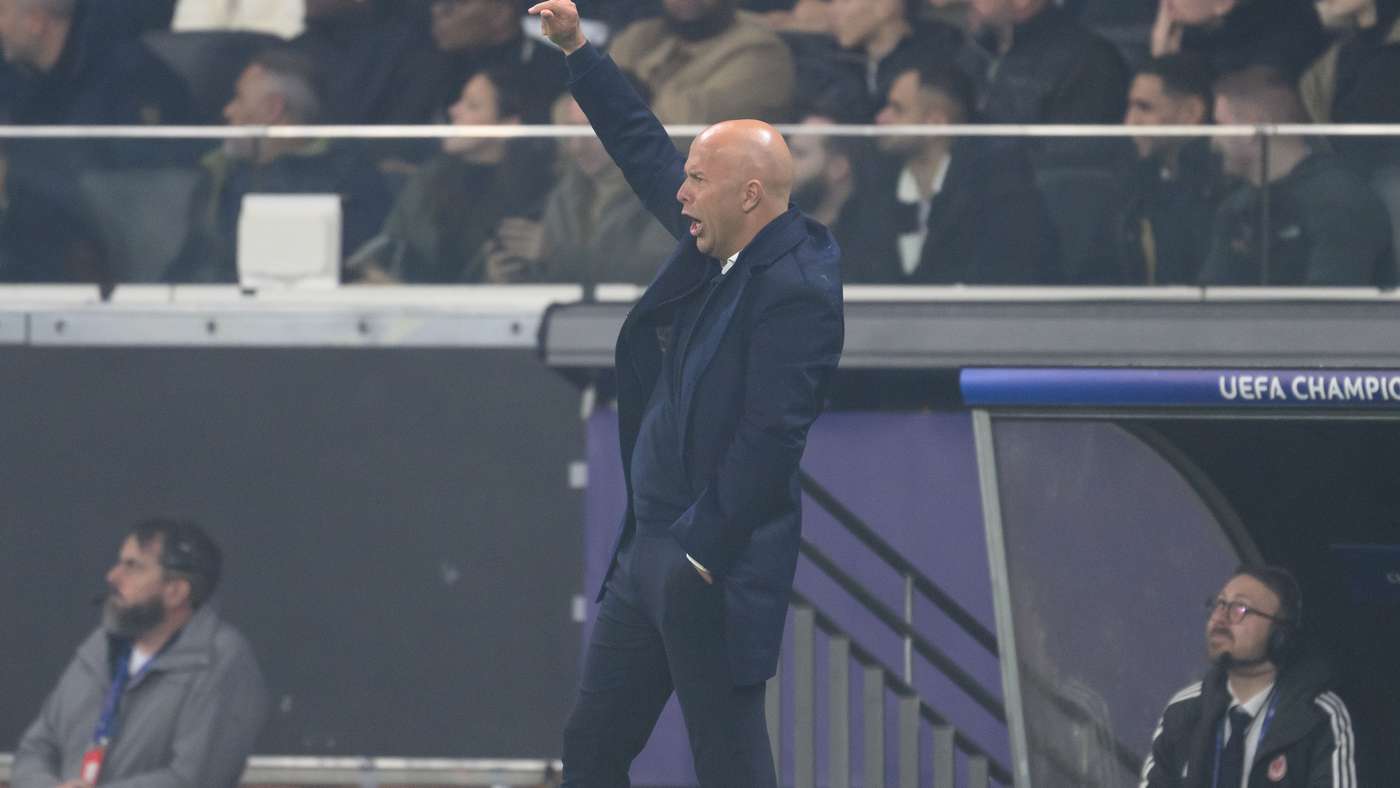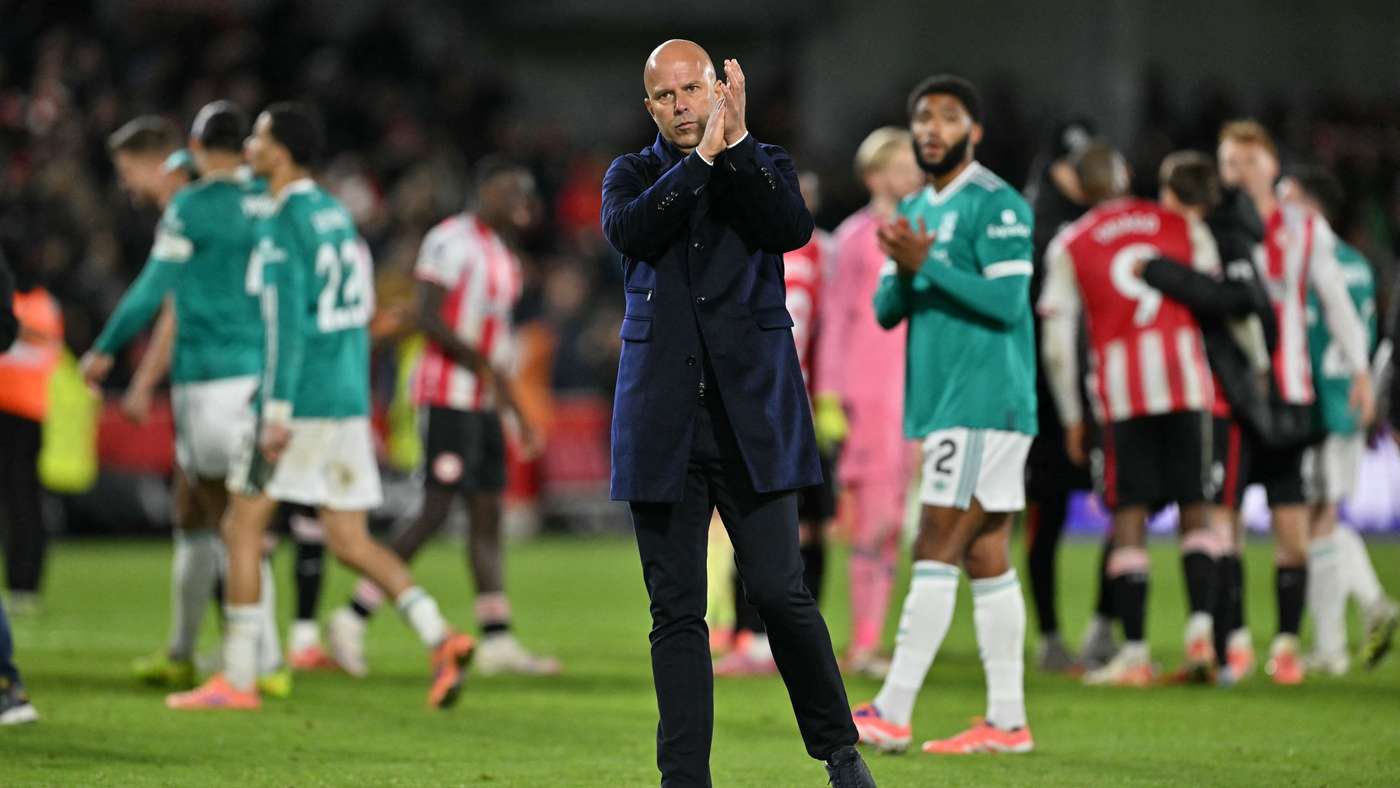Brentford Breaks the Spell: Liverpool's Rebuild Questioned After 3-2 Setback
26 October 2025

What went wrong for Liverpool
Liverpool entered a troubling phase of the season after a 3-2 defeat to Brentford on Saturday, a performance that laid bare the team’s struggles under Arne Slot. The Dutch coach’s players poll weren’t convincing anyone, with a string of basic defensive errors and a general absence of the urgency expected of a title holder. The result felt like a tipping point in a year that has offered more questions than answers for the Reds.
According to a prominent British outlet, Liverpool had found excuses in earlier losses. Against Crystal Palace and Chelsea, the narrative centered on last-minute goals, a rather convenient motif that had been tolerated as the team chased comebacks. Yet this line of reasoning looked thin after Brentford, where the gaps were clearer and the margins thinner—an unfortunate reminder that timing and poise in both boxes separate the top teams from the rest.
The excuses were not confined to the Palace and Chelsea recaps. After the Manchester United game, the justification involved missed chances and a hit post tally that masked underlying issues, with attacking metrics seemingly stronger than the actual goal return. Against United, the underlying story remained: too many clear openings went unused, and the team paid for it on the scoreboard.
But the latest defeat at Brentford’s home ground ended the string of partially palatable explanations. Liverpool appeared almost detached from the moment, moving the ball at a pedestrian pace and gifting Brentford opportunities through naive defending. The visitors failed to press as a unit and were guilty of ill-timed risks, including allowing a corner to be defended far too easily in stoppage time, the kind of moment that sums up a fragile mood in the squad.
A breakdown of the match’s key moments
In London, the collective effort looked misaligned: players shuffled without a clear, shared plan and the habit of shrugging at mistakes began to replace a sense of purpose. The opening goal arrived early, setting a tone that Liverpool never fully recovered from. Brentford pressed with physicality and direct play—long balls, quick transitions, and set-piece threats that tested a Liverpool defense that still looks vulnerable under sustained pressure.
Goalkeeper performances mattered, with Brentford’s shot-stopper making a pair of crucial saves that denied the visitors a route back into the game. Liverpool also paid the price for poor ball retention and a lack of sharpness in the final third, especially after going behind. The mood inside the dressing room after the break suggested a team trying to conjure something but struggling to translate talk into action on the pitch.
Slot’s post-match reflections
Post-match, Slot offered his take, trying to balance accountability with explanations. He stressed that he did not want to hide behind excuses but pointed to a pattern: five of the last six games had been away from home, a factor that, in his view, does not help a side navigating a turbulent spell. The Athletic’s reporting echoed a familiar theme for Liverpool fans: if you keep losing away from home, excuses lose their bite and results must improve.
The coach acknowledged that the club’s recent results have tested discipline and consistency. He referenced fatigue from a crowded schedule and suggested that some of the recent signings needed time to bed in, though he stopped short of offering blanket justification. He also noted the impact of injuries and rotation on the squad’s balance, admitting that the team should perform better regardless of those factors.
Slot suggested that the late 5-minute spell following Brentford’s second goal revealed a deeper issue than tactical adjustments alone. He argued that a team that has historically boasted the best away record in 2024-2025 cannot depend on luck or opportunism alone; it must enforce its identity from the first whistle. He also commented on a controversial penalty decision during the match, which he felt was not a fair reflection of the contact that occurred; the discussion around refereeing decisions feeds a nagging sense of unresolved frustration in the dugout.
With turns in the game and decision-making under the spotlight, Slot emphasized that the problem goes beyond single missteps. He hinted that changes during the close season, while logical from a strategic standpoint, require time to yield tangible benefits. The sense of urgency is real, and so is the expectation that the squad will bounce back with a sharper, more cohesive performance.
Brentford’s performance and Liverpool’s rebuilding blocks
Brentford operated with a simple but effective blueprint: physical intensity, direct running, long-balls and set-piece routines that caused Liverpool all sorts of problems. The Bees’ defense stood tall in moments and forced Liverpool into difficult decisions in midfields and frontlines. Brentford goalkeeper Mamardashvili—credited with two notable saves—remained a critical obstacle to Liverpool’s attempts to reassert themselves in the game. Liverpool’s response, while analytical, lacked the level of cohesion that Brentford displayed in every phase of play.
On Liverpool’s side, the changes this summer were meant to future-proof a squad in transition. While some departures like Diaz, Nunez, and others were debated for smart business or player wishes, the club did not have to part with those players. Yet the absence of a settled spine was felt, and the new faces—while showing potential—have yet to fully integrate into a system that can compete at the level expected of champions. The one clear positive has been the early signs from Hugo Ikéti, while others have shown glimpses of quality that still require time to mature within a demanding schedule.
Slot’s assessment centered on the need for the team to re-embrace fundamentals and to create a robust foundation for the upcoming fixtures. He emphasized that the squad must adhere to core principles in the heat of battle and resist the temptation to look for quick-fix solutions. The challenge now is to translate promise into consistent results, not just occasional flashes of brilliance.
In closing, the article underscored that the problem is not simply tactical; it is about spirit and collective resilience. If Liverpool want to salvage a season that has not gone to plan, they must reestablish their identity, show unity in defense and attack, and restore the confidence that has been shaken by a string of disappointing performances. The future demands it, and the timeline is tightening fast.
Punchlines to lighten the mood
1) If you’re going to rebuild, at least do it with a blueprint that doesn’t read like a shopping list—we’ve got enough boxes to check already. 2) Liverpool’s new motto: “From rebuild to rebound—just add a little more luck and a lot more execution.”



